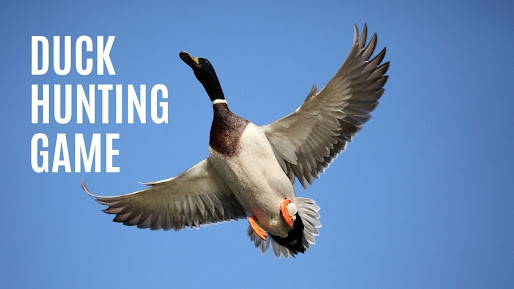

This can be argued on the basis of comparison with chimpanzees, the closest extant relatives of humans, who also engage in hunting, indicating that the behavioral trait may have been present in the Chimpanzee–human last common ancestor as early as 5 million years ago. It has nevertheless often been assumed that at least occasional hunting behavior may have been present well before the emergence of Homo. The early hominid ancestors of humans were probably frugivores or omnivores, with a partially carnivore diet from scavenging rather than hunting.Įvidence for australopithecine meat consumption was presented in the 1990s. There is no direct evidence for hunting predating Homo erectus, in either Homo habilis or in Australopithecus. While it is undisputed that Homo erectus were hunters, the importance of this for the emergence of Homo erectus from its australopithecine ancestors, including the production of stone tools and eventually the control of fire, is emphasised in the so-called " hunting hypothesis" and de-emphasised in scenarios that stress omnivory and social interaction. The oldest undisputed evidence for hunting dates to the Early Pleistocene, consistent with the emergence and early dispersal of Homo erectus, about 1.7 million years ago ( Acheulean). It pre-dates the emergence of Homo sapiens ( anatomically modern humans) and may even predate the genus Homo. Upland hunting ( quail, pheasant, grouse, turkey)įurther information: Hunting hypothesis and Endurance running hypothesis.Shorebird hunting ( snipe, woodcock, curlew, sandpiper, plover).Big Five game ( lion, elephant, buffalo/ bison, African leopard, rhinoceros).Recreational hunting, also known as trophy hunting, sport hunting or sporting.The general sense of "search diligently" (for anything) is first recorded c. The verb, Old English huntian "to chase game" ( transitive and intransitive), perhaps developed from hunta "hunter," is related to hentan "to seize," from Proto-Germanic huntojan (the source also of Gothic hinþan "to seize, capture," Old High German hunda "booty"), which is of uncertain origin. "The act of searching for someone or something" is from about 1600.

The meaning of "a body of persons associated for the purpose of hunting with a pack of hounds" is first recorded in the 1570s. The noun has been dated to the early 12th century, from the verb hunt. The word hunt serves as both a noun ("the act of chasing game") and a verb.

3.4 Pastoral and agricultural societies.The one that does the hunting is the predator, and the one being hunted is the prey. Many non-human animals also hunt (see predation) as part of their feeding and parental behaviors, sometimes in quantities exceeding immediate dietary needs. A person participating in a hunt is a hunter or (less commonly) huntsman a natural area used for hunting is called a game reserve and an experienced hunter who helps organize a hunt and/or managing the game reserve is known as a gamekeeper. Recreationally hunted species are generally referred to as the " game", and are usually mammals and birds. wolf hunting), to eliminate pests and nuisance animals that damage crops/ livestock/ poultry or spread diseases (see varminting), for trade/tourism (see safari), or for ecological conservation against overpopulation and invasive species (see culling). The most common reasons for humans to hunt are to harvest useful animal products ( meat, fur/ hide, bone/ tusks, horn/ antler, etc), for recreation/ taxidermy (see trophy hunting), to remove predators dangerous to humans or domestic animals (e.g. Hunting is the practice of seeking, pursuing and capturing or killing wildlife or feral animals. Hunter on a tree stand during a driven hunt in Finland


 0 kommentar(er)
0 kommentar(er)
